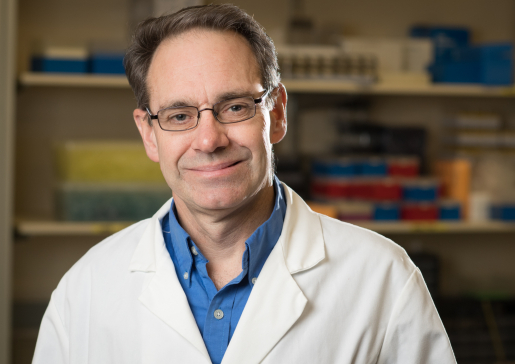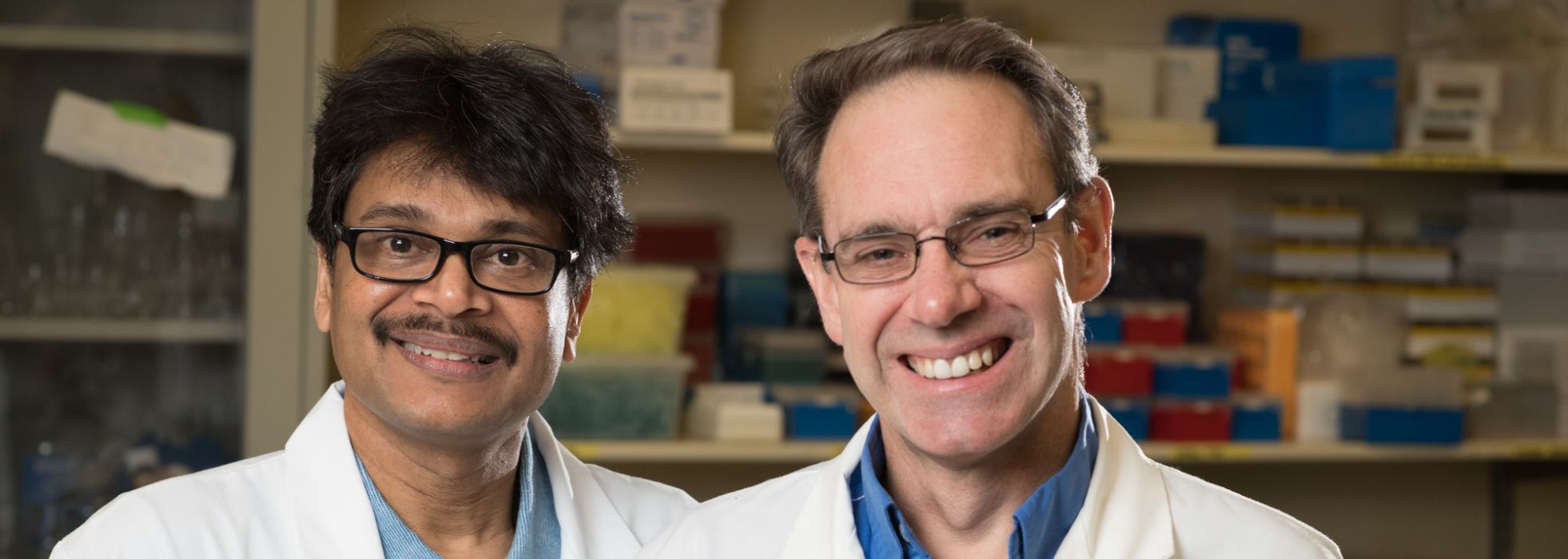Laboratory of Endocrinology, Aging and Disease (LEAD)
Craig S. Atwood, PhD, is a widely acknowledged authority on the neuroendocrinology of aging and Alzheimer's disease. He has published over 300 scientific articles, is an inventor on nine issued U.S. patents, is a top-cited author, serves on numerous review boards, and is an editor of more than 30 scientific journals.
His research focuses on strategies to restore hormonal balance to prevent or halt Alzheimer’s disease and restore cognitive functioning following a traumatic brain injury.

Reproductive Cell-Cycle Theory of Aging
Research in the LEAD laboratory is based on the Reproductive Cell-Cycle Theory of Aging, which posits that the hormones that regulate reproduction act in an antagonistic pleiotropic manner to control aging via cell cycle signaling.
In essence, the reproductive hormones that promote growth and development early in life in order to achieve reproduction, become dysregulated later in life and drive senescence via altered cell cycle signaling.
The theory has significant explanatory power for how and why we age at the molecular, physiological and evolutionary levels.
Active Projects
- Alzheimer’s Disease
-
The LUCINDA Trial: LeUprolide plus Cholinesterase Inhibition to reduce Neurological Decline in Alzheimer's. This clinical trial will test if leuprolide acetate (Eligard), a drug used to treat prostate cancer and endometriosis, is efficacious and safe for the treatment of Alzheimer's disease in women.
- Aging
-
A major focus of Dr. Atwood's research is to slow the aging process by maintaining or restoring sex hormone balance. To achieve this goal, the team is developing a range of stem cell products, which when implanted into individuals, will rebalance circulating sex hormone levels.
- Traumatic Brain Injury (TBI)
-
Dr. Atwood's laboratory is testing whether the neurogenic hormone, human chorionic gonadotropin, promotes regeneration and cognitive performance following a TBI.
